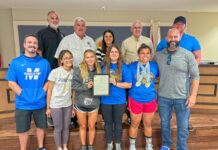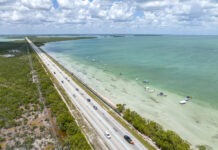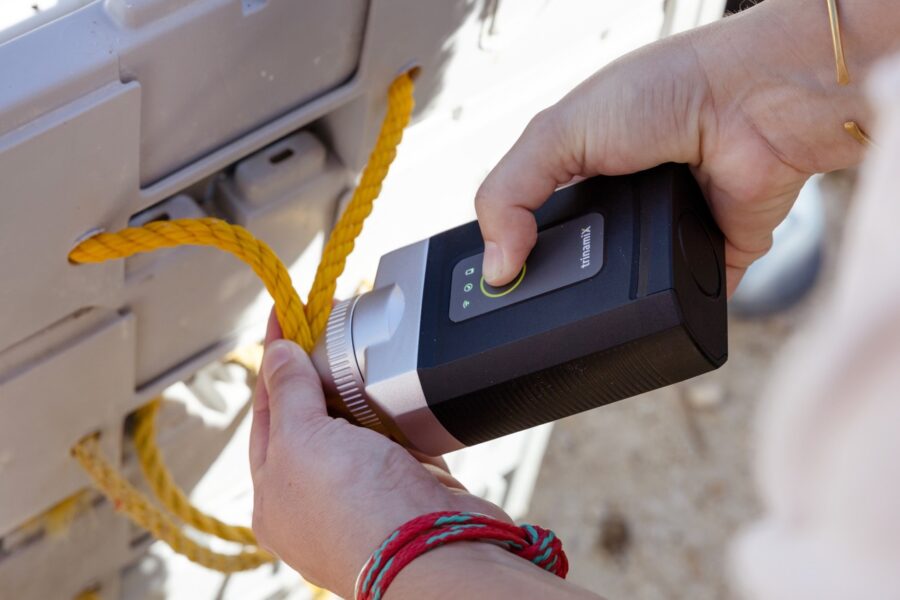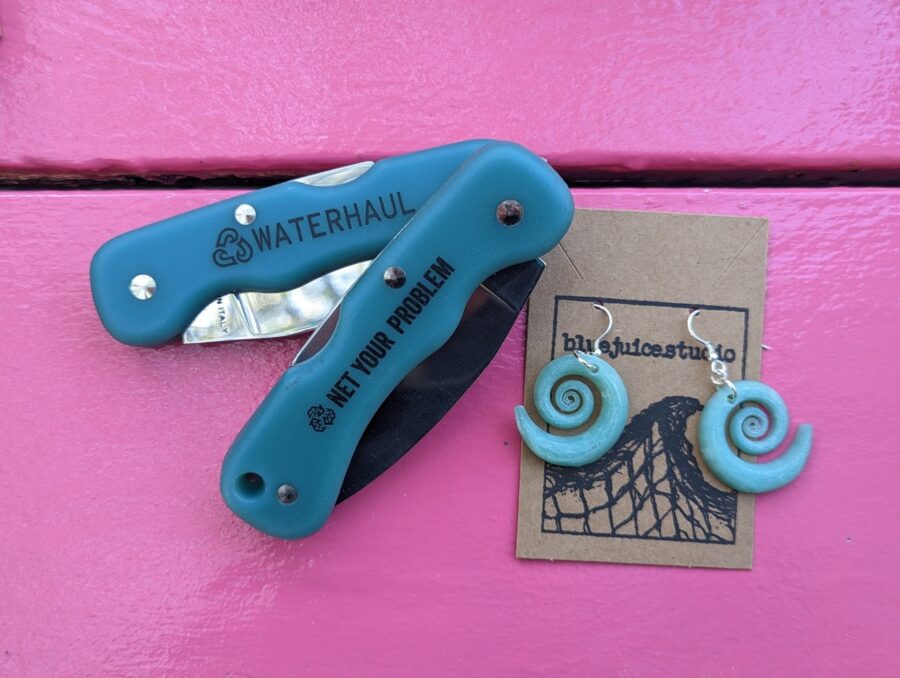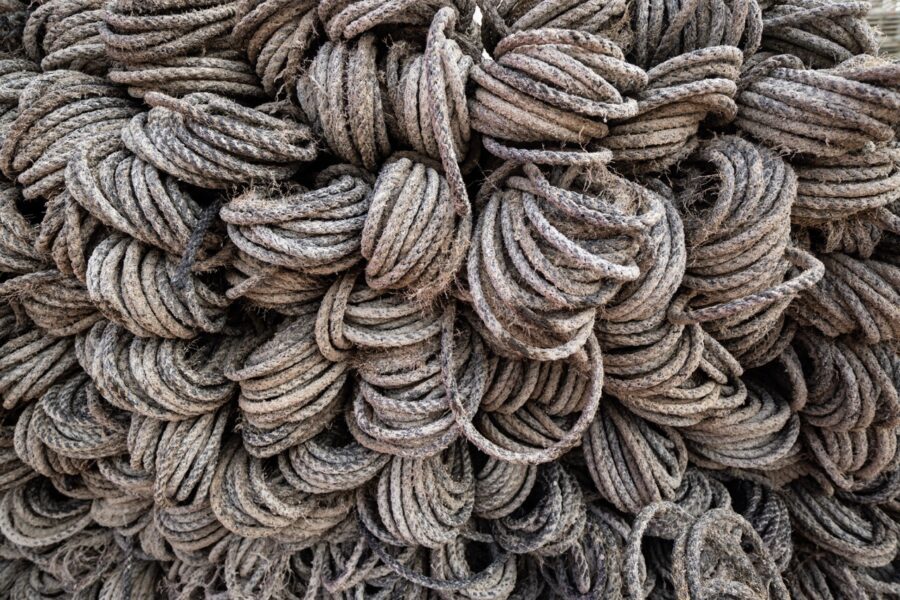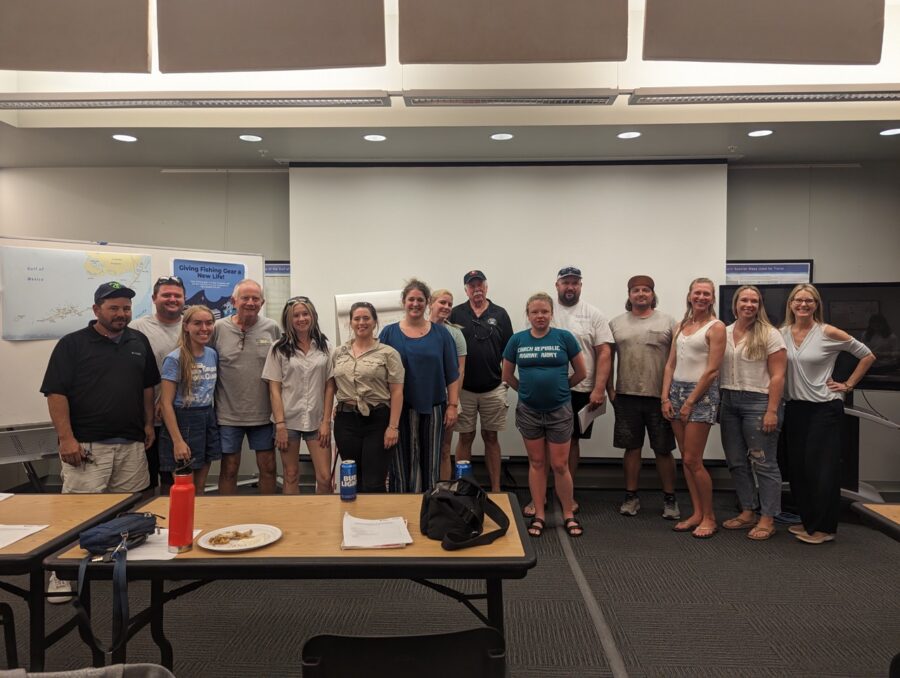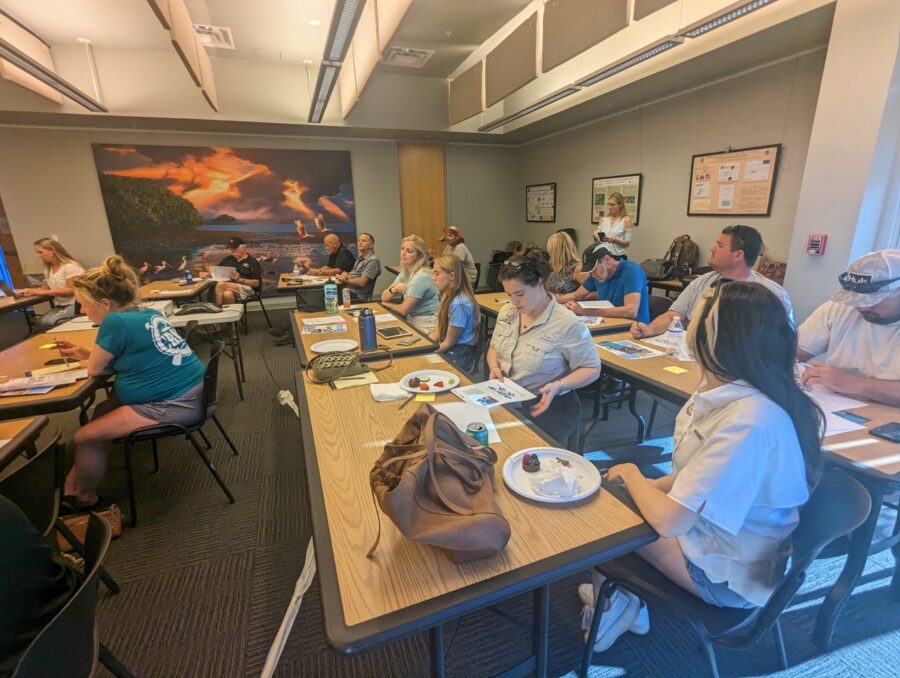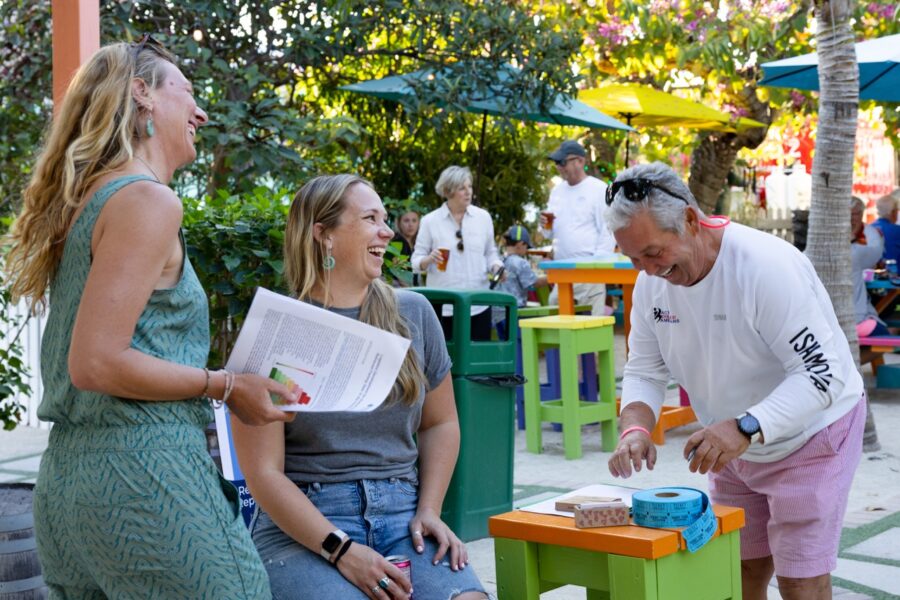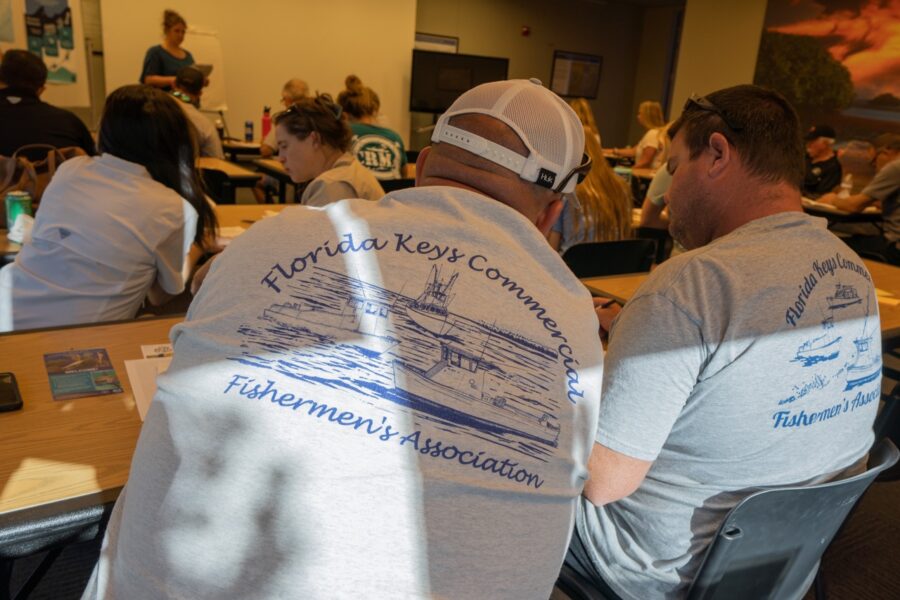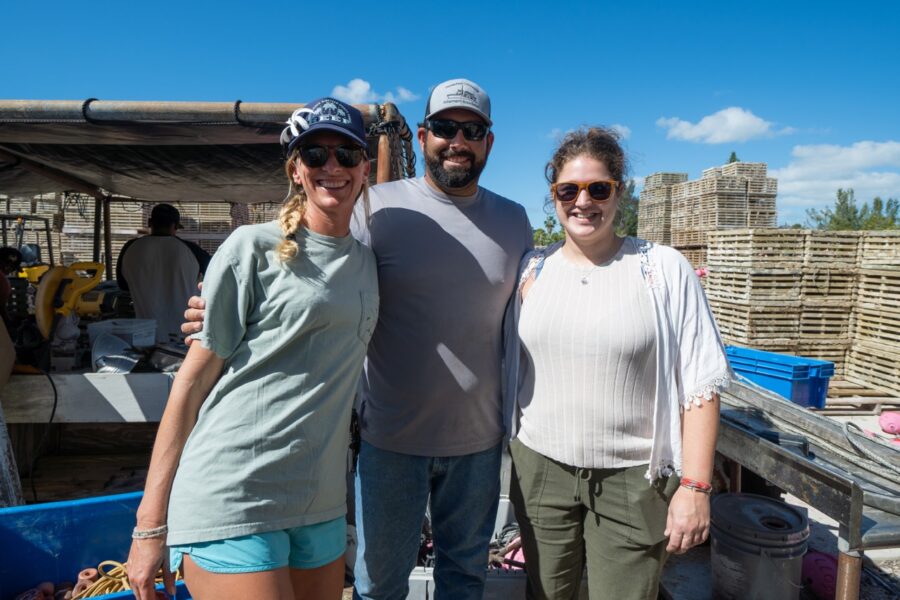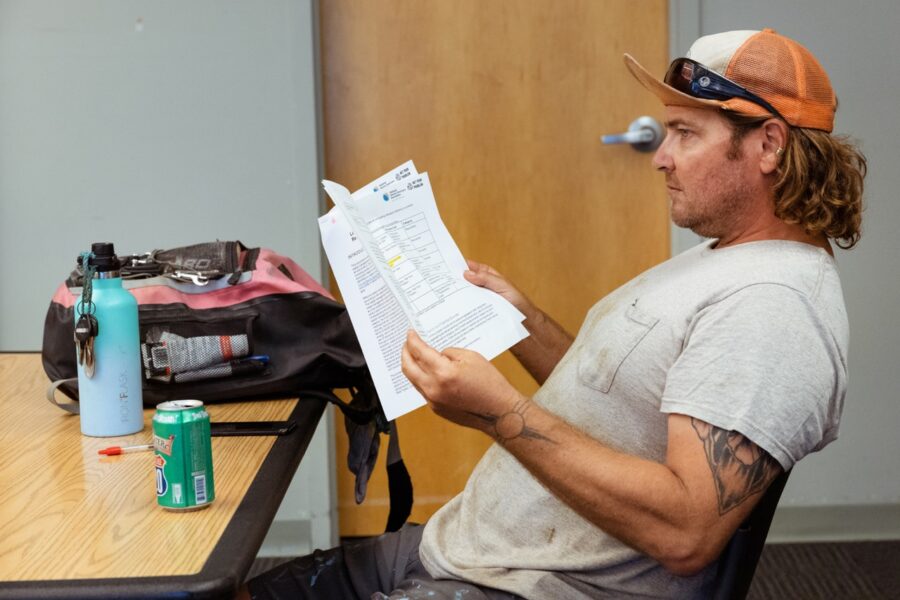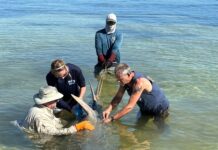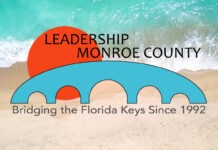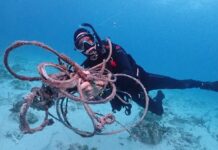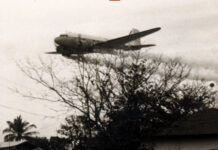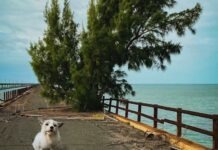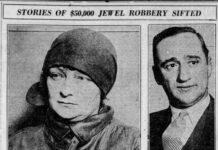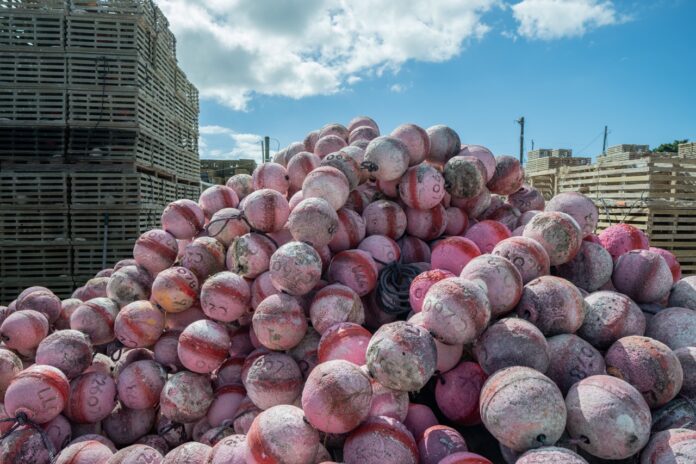
The Florida Keys is a renowned fishing community. According to the TC Palm, recreational fishing supports 1,700 jobs and $180.4 million of the Keys economy. On the commercial side, fish caught are one of the key export industries in Monroe County – accounting for 5% to 8% of the total income or jobs in our local economy, NOAA reports. So, there are a lot of fishermen and women out there using nets, line and traps to haul in their daily catch.
What happens to gear that has lived out its useful life?
A lot of fishing gear is made of plastic, which doesn’t biodegrade in the ocean. “Ghost gear” – lost or abandoned fishing gear – continues to “fish” and harm fragile environments like coral reefs after it’s been discarded into the ocean. A 2016 report by the Ocean Conservancy called it the deadliest form of marine debris – a “silent killer.”
We don’t want this plastic to end up in our landfills, either, because it still won’t biodegrade there.
So, what’s the solution?
A Seattle-based company, Net Your Problem, wants us to start recycling the plastic in our fishing gear into new products and alternative energy sources. And the company wants to help.
Net Your Problem’s mission is to create an economically viable way to recycle end-of-life fishing gear, improve waste management, contribute to the circular economy and reduce energy use and greenhouse gas emissions related to virgin plastic production. They do this by engaging a variety of stakeholders and partners – like Florida Keys fishermen.
The recycling process can look like this:
- Net Your Problem acquires end-of-life fishing gear. This can be from fishermen, the port, organizations or cities – anyone that needs help figuring out disposal alternatives.
- The company uses technology and testing to figure out what types of plastic each contain, then sells each type to the appropriate buyer. Only high-quality, non-mixed plastics can be remelted.
- Buyers clean and “upcycle” the old gear into “new” plastic products or process it into certain types of energy.
Nicole Baker, Net Your Problem’s founder and Alaska and Pacific Northwest division coordinator, emphasizes how this model is economic and environmental. “We charge a fee for recycling, then we sell the materials to the recycling company,” Baker said. “So, we get money from both ends, and that is used to cover all the cost of collecting, sorting and shipping. So the fishermen, or the city, or the port just pays us to recycle and then they don’t have to do anything else.”
In the Keys, a recycling fee would hopefully replace what fishing houses already pay to waste management companies. For example, a trap yard in Big Pine Key pays hundreds of dollars monthly for management of a huge Dumpster full of old gear. What if this went toward economically-viable and environmentally-preferred recycling, instead?
On the other side of the transaction, Net Your Problem sells collected and sorted plastic to the appropriate buyers, who then process it into new products or burn it for energy. “The recyclers that we work with depend on us sending them good quality material – all of the same type – so that they can actually use it in the future for other product,” said Net Your Problem’s business and project development coordinator, Sara Aubery.
While this work started in Alaska, Net Your Problem has expanded to Seattle, California and Maine. So, can we implement this solution in the Keys?
In February, Baker and Aubery traveled the island chain to chat with locals and fishermen. The goal was to understand the key issues here – everything from when is the season really over to who currently pays for gear disposal to where collected gear could be stored. While visiting the trap yard in Big Pine Key, they collected samples of different gear that can be recycled to send for testing. Hopefully, by the time a program gets set up here, Net Your Problem will already have identified a buyer for our old plastic.
Through community workshops in Islamorada, Marathon and Key West, as well as a day on the water with Big Pine’s Conch Republic Marine Army, the Net Your Problem team came to understand the nuances of our local fishing industry and made connections with some locals.
After the Key West workshop, fifth-generation Conch Joshua Nicholas said, “The reason I’m here is because it’s important to educate the new generation of fishermen to recycle their fishing gear that does not biodegrade and can potentially do harm to the environment.”
As the president of the Florida Keys Commercial Fishing Association, he understands the importance of innovative solutions like this for our island chain. “I want to preserve our resource for future generations – that’s basically what it comes down to,” he added. “Hopefully, we can figure something out together.”







